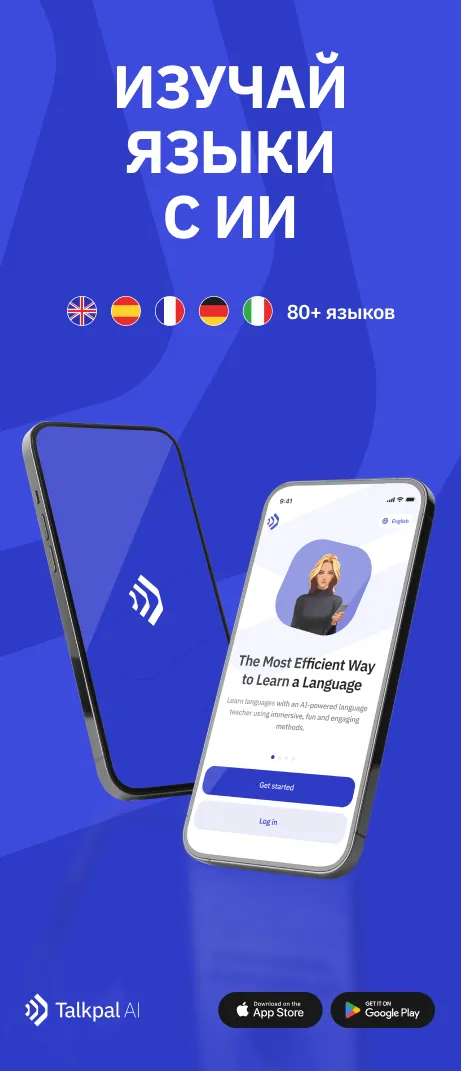Давайте сосредоточимся на временах в английском языке, которые отражают линию времени событий, от прошлого к настоящему и будущему. Ниже приведены упражнения, где вам нужно будет выбрать правильную форму глагола, соответствующую контексту предложения. Внимательно читайте предложения и подбирайте глаголы так, чтобы они соответствовали указанному времени.
Упражнение 1: Используйте правильную форму глаголов в простом прошедшем времени
I *went* (to go) to the store yesterday.
She *had* (have) a great time at the concert last weekend.
They *played* (play) soccer in the park on Sunday.
We *did* (do) our homework before dinner.
He *finished* (finish) reading the book in one day.
The train *arrived* (arrive) at the station early in the morning.
The children *watched* (watch) a movie last night.
Mary *baked* (bake) a pie for her family’s dinner.
I *forgot* (forget) to send the email before going on vacation.
They *left* (leave) the office late after the meeting.
The dog *slept* (sleep) throughout the thunderstorm.
Our team *won* (win) the championship game yesterday!
You *spoke* (speak) so clearly during your presentation.
The audience *clapped* (clap) after the performance.
We *sold* (sell) all our cookies at the bake sale.
Упражнение 2: Используйте правильную форму глаголов в простом настоящем и будущем времени
I *am* (to be) excited about my birthday party.
She *eats* (eat) a sandwich for lunch every day.
They *will travel* (travel) to France next summer.
We *study* (study) English every Monday and Wednesday.
He *drinks* (drink) coffee in the morning.
The bus *arrives* (arrive) at 3 PM every day.
The children *play* (play) in the park after school.
Mary *is writing* (write) an email to her friend right now.
I *will finish* (finish) my homework before I watch TV.
They *do* (do) their best to succeed.
The dog *barks* (bark) whenever it sees a stranger.
Our team *plays* (play) football every Saturday.
You *are* (be) a great friend to me.
The audience *loves* (love) the new play at the theater.
We *will meet* (meet) at the café at noon.










